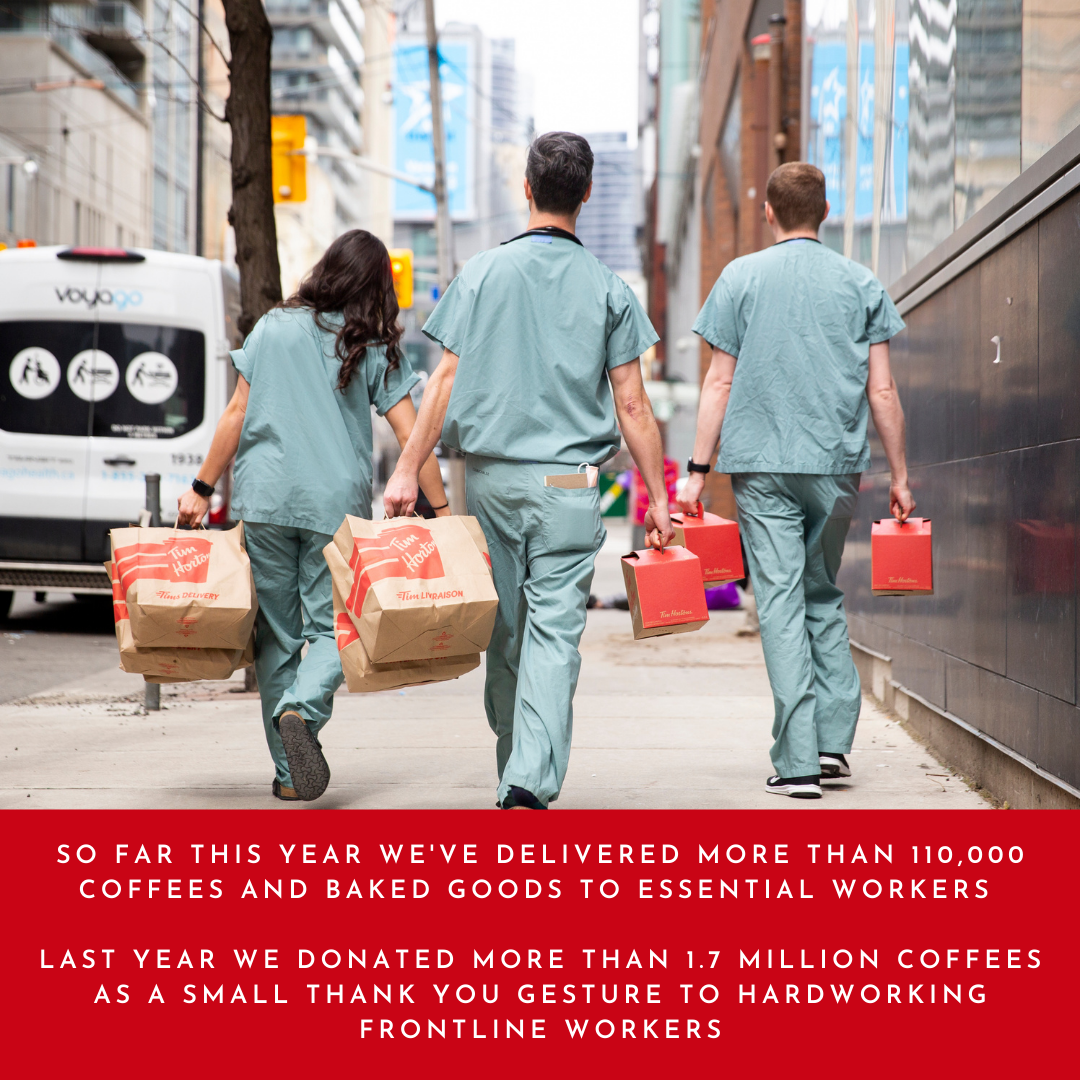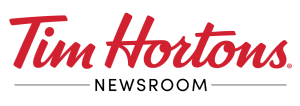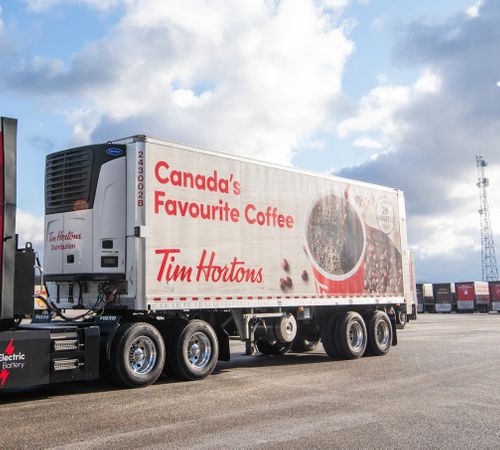Even the smallest changes have the potential to make a big impact. That’s the inspiration behind Tims For Good, a sustainability platform designed to promote continuous improvement at Tim Hortons across three pillars: people and communities, food and beverage quality, and the planet.
“We’re proud to be a part of virtually every community across Canada and recognize that given our scale, we have a responsibility and the privilege to contribute to building a more sustainable path forward for the country,” says Axel Schwan, President of Tim Hortons.
“Whether it’s through a massive initiative like ending double cupping and eliminating the use of 200 million cups a year, or how Camp Day and Smile Cookie have collectively raised over $275 million to support Canadian youth and local charities — one cup of coffee and one cookie at a time — Tims For Good reflects our mission to seek out all the small and big initiatives we can to make an impact in the Canadian communities where we serve.”
Today we’re focusing on our people and communities pillar and will share more about our food and beverages pillar on Wednesday and our planet pillar on Thursday.
This year, we will be celebrating the 30thanniversary of Camp Day and the 25th anniversary of Smile Cookie and we’re working on how we can raise more money with our guests than ever before. Last year, we raised nearly $11 million on Camp Day in support of the Tim Hortons Foundation Camps and $10.56 million through our Smile Cookie campaign, which set a new record.

Since the beginning of the pandemic, Tim Hortons has partnered with its 1,500 restaurant owners across Canada to support frontline workers with donations of coffee and food to say thank you for keeping all of us supported each and every day. So far this year, we have donated more than 110,000 coffees and baked goods to essential workers across the country. In 2020, Tim Hortons donated over 1.7 million coffees to essential workers and visited every hospital across the country. In September, Tim Hortons also released Hero Cups, which featured the names of 100 frontline workers wrapped around each coffee cup, along with a large Thank You/Merci message in place of the Tim Hortons logo.
Other key campaigns that make up the people and communities pillar of Tims For Good include:
- Since 1974, Tim Hortons Foundation Camps (Tims Camps) has helped youth from disadvantaged circumstances realize their potential. Through a multi-year camp-based program, youth develop skills like leadership, resilience and responsibility, empowering them to change their stories.
- Camp Day is the largest single-day annual fundraiser in support of Tims Camps and has helped support nearly 300,000 camp experiences. On Camp Day, 100 per cent of the sales of hot and iced coffee are donated to Tims Camps. Since 1991, Camp Day has raised more than $212 million to support youth.
- Since 1996, Tim Hortons restaurant owners have donated 100 per cent of the sales of every Smile Cookie to support a local charity in their area. Last year, $10.56 million was raised and donated to more than 550 local charities, hospitals and community groups across Canada. Smile Cookie has raised more than $65 million since 1996.
- Timbits Sports helps remove financial barriers so 400,000 kids a year can play soccer and hockey. The philosophy of the program is not based on winning or losing, but on learning a new sport, making new friends and just being a kid.
- Since 2005, the Tim Hortons Scholarship Program has invested more than $3.5 million in scholarships to support the educations of more than 3,500 team members, or children and grandchildren of team members.
Tim Hortons also believes it’s important that our sourcing of coffee beans in other countries directly benefits coffee farmers, their families and their communities. Since2005, Tim Hortons has worked with smallholder coffee farming families who are most in need of our support. To date, our partnerships have been implemented in Guatemala, Honduras, Colombia, Brazil and Tanzania and have impacted more than 30,000 coffee farmers and their families, of which 7,000 are women and 4,800 are young adults.
“We’re proud to be serving Canadians 100 per cent responsibly sourced coffee,” says Kevin West, Vice President of Coffee Operations for Tim Hortons.
“We work with Enveritas, a non-profit dedicated to supporting coffee farmers, to conduct farm-level assessments and verify that we’re participating in sustainable sourcing practices that measure against economic, social and environmental criteria. We’re really proud of this partnership that positively benefits the well-being of coffee farmers and their communities for the long-term.”






